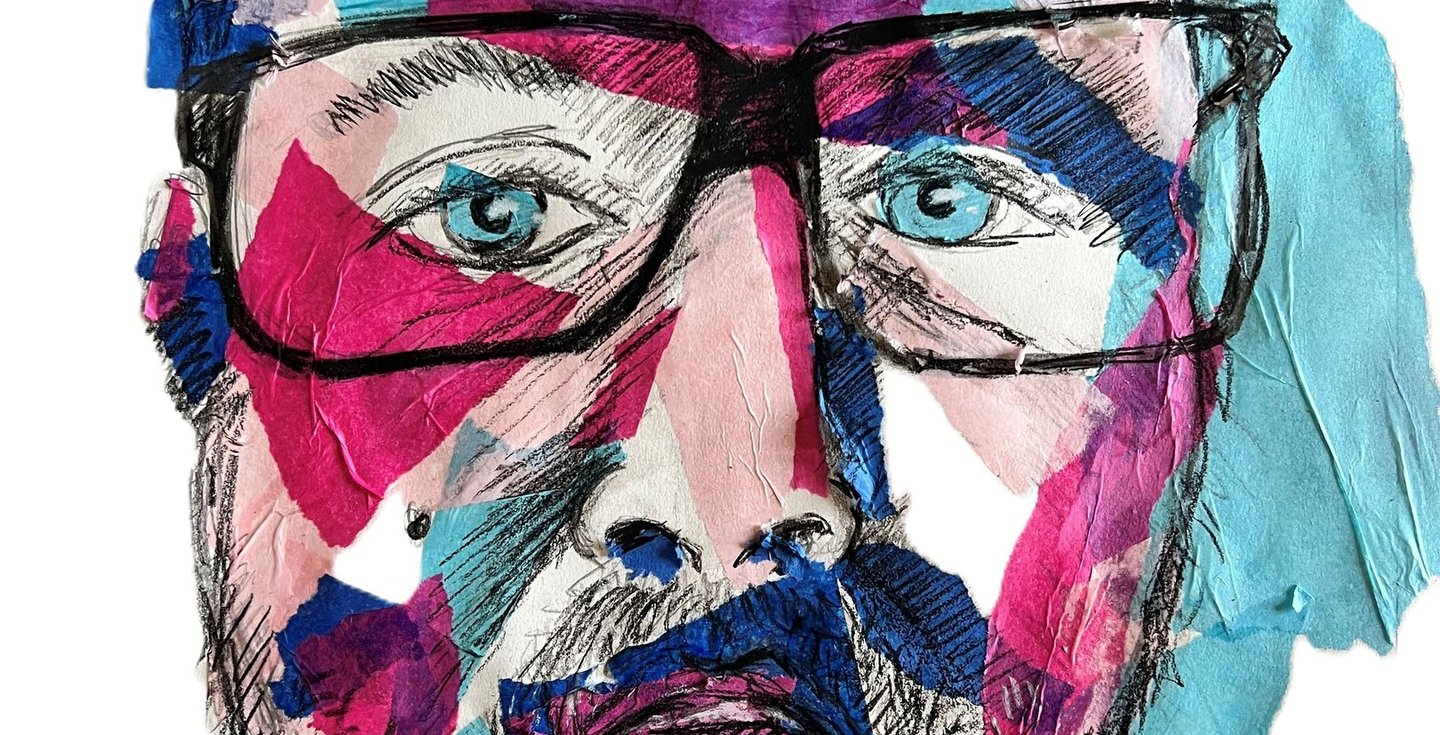

Fiction Work
Dive into messy character lives with dark comedy, suspense, and cozy mysteries.
Non-Fiction Projects
Stories shared about addiction, recovery, mental health, and messy lives.
Join Bryan's Circle
Get sneak peeks and new book alerts
Connect With Bryan
Reach out anytime with questions or comments
Contact & support
505-816-8130
© 2026. All rights reserved.


